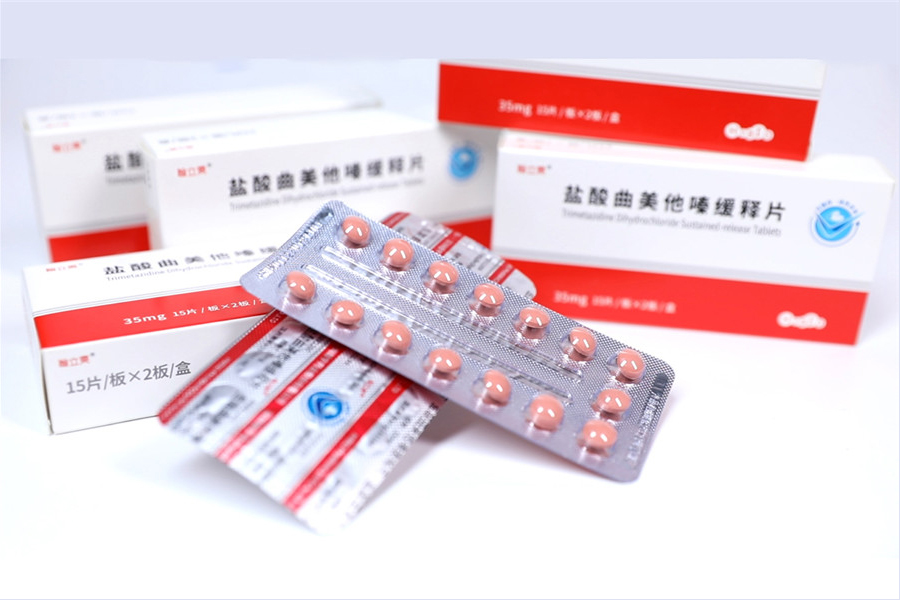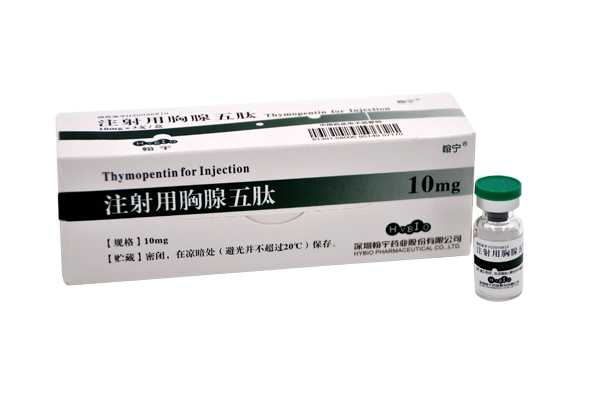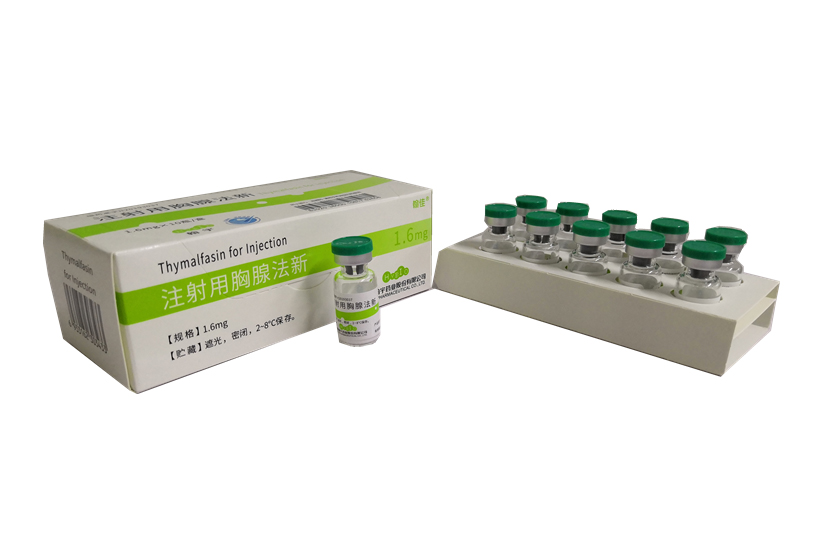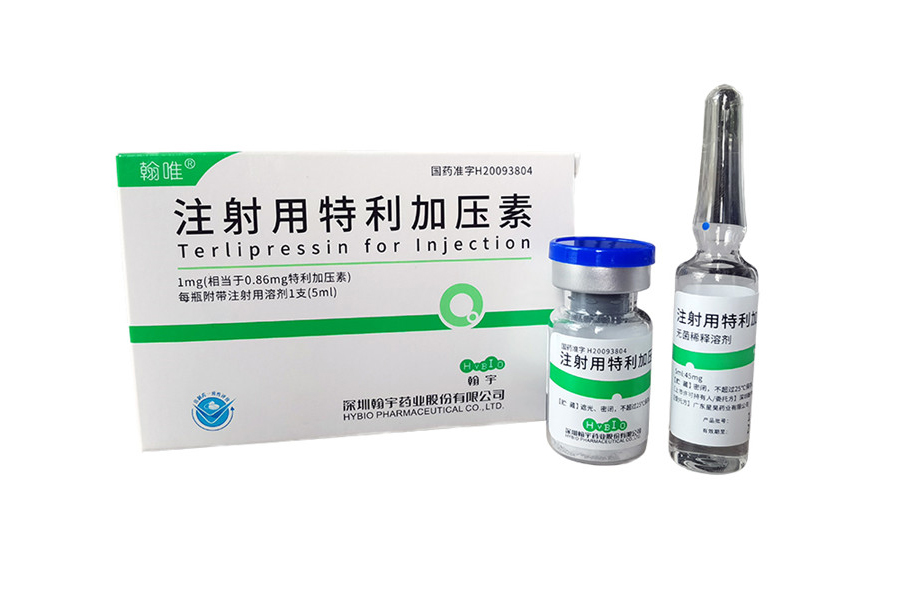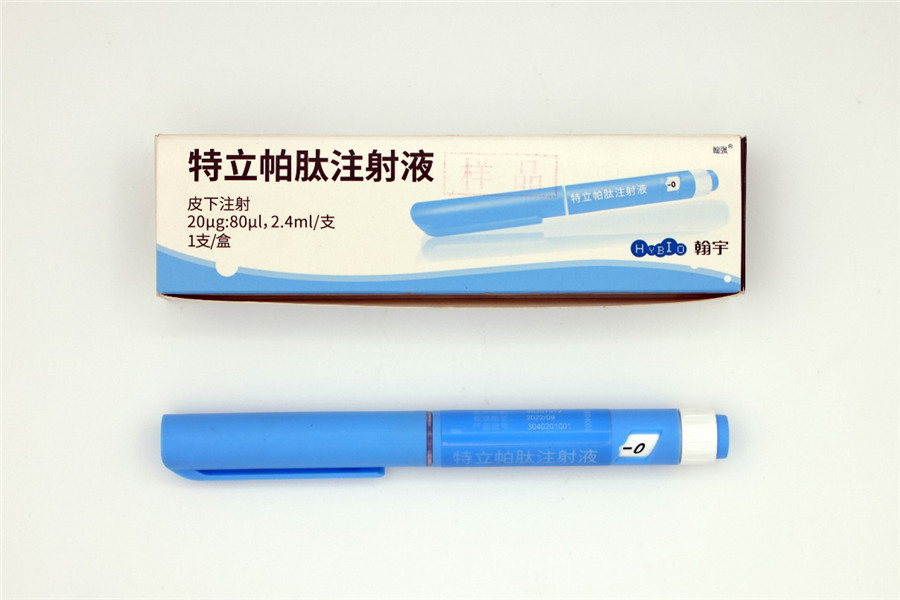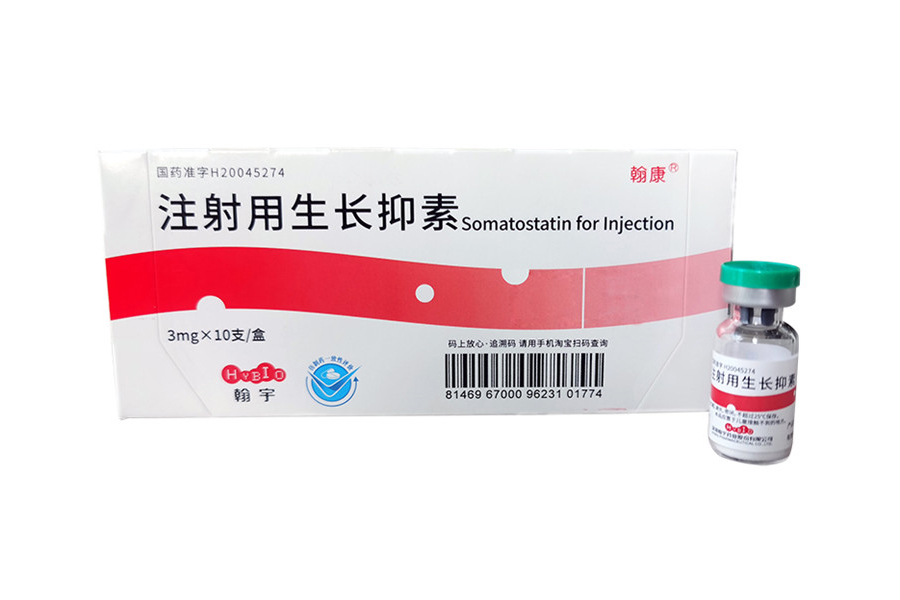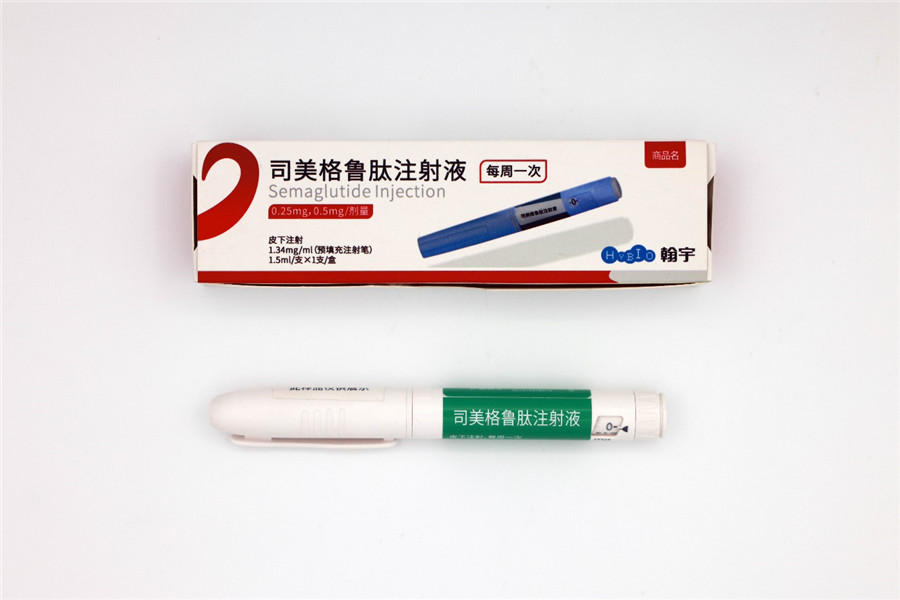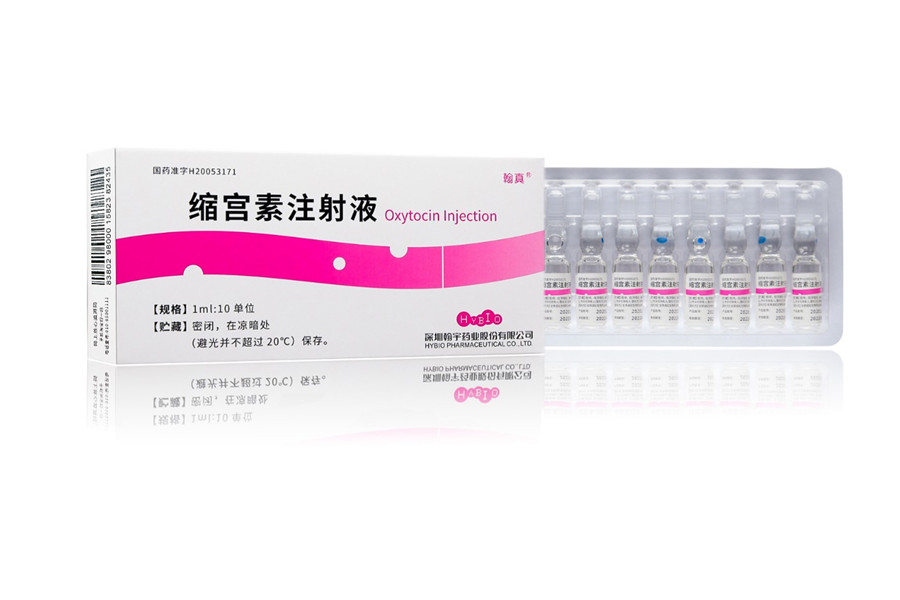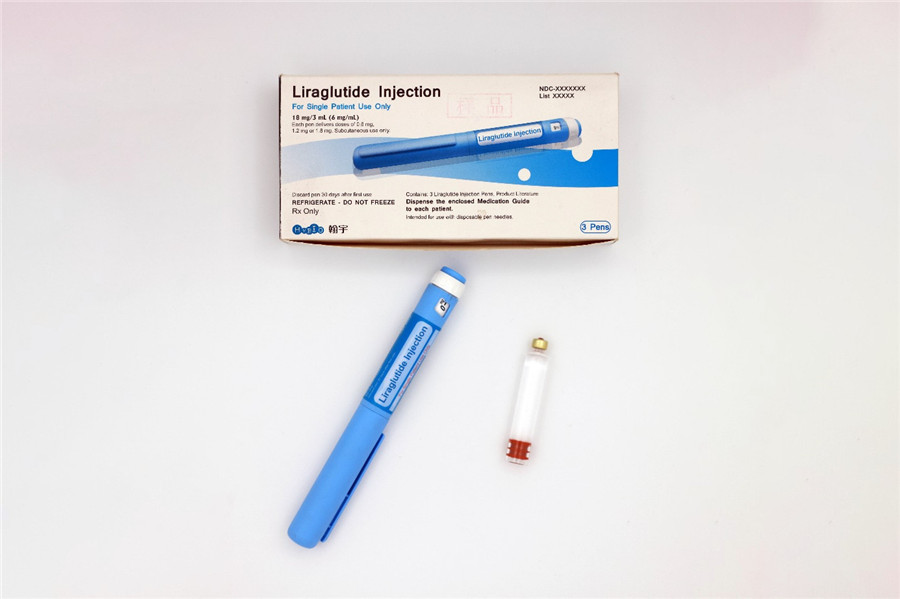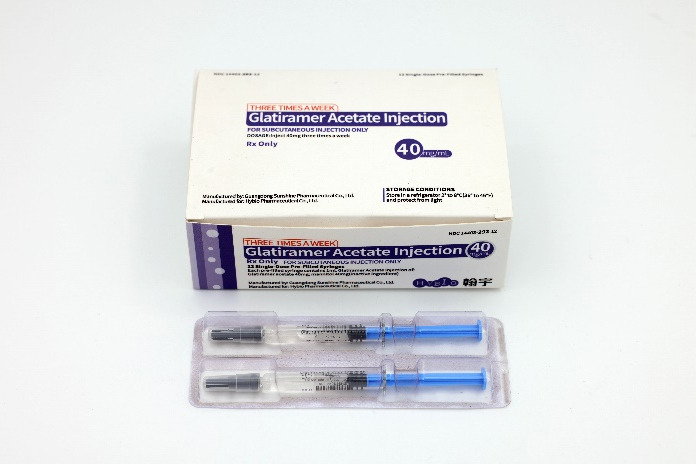0102030405
Terlipressin for Injection
product description
Chemical Composition:
Terlipressin is a triglycyl lysine vasopressin, a modified form of the naturally occurring hormone vasopressin, designed for enhanced potency and longer duration of action.
Mechanism of Action:
It acts on V1 vascular vasopressin receptors, causing vasoconstriction in the splanchnic circulation. This action reduces portal vein pressure and variceal blood flow, effectively controlling variceal bleeding. Additionally, it improves systemic vascular resistance and kidney perfusion in hepatorenal syndrome.
Indications and Usage:
Approved for the management of bleeding esophageal varices and the treatment of hepatorenal syndrome type 1, Terlipressin is a critical intervention in emergency and intensive care settings for patients with these life-threatening conditions.
Administration and Dosage:
Terlipressin is administered as an intravenous injection, with dosing regimens tailored to the specific condition being treated. For variceal bleeding, it is usually given as an initial bolus followed by continuous infusion, depending on the clinical response and bleeding control.
Efficacy and Outcomes:
Studies have demonstrated Terlipressin's effectiveness in significantly reducing mortality and rebleeding rates in variceal hemorrhage, and improving renal function in hepatorenal syndrome, making it a valuable tool in managing these conditions.
Side Effects:
Common side effects include abdominal cramps, diarrhea, bradycardia, and transient hypertension. Ischemic complications, though rare, require careful monitoring.
Contraindications and Precautions:
Contraindicated in patients with known hypersensitivity to the drug, and caution is advised in patients with cardiovascular disease due to its vasoactive properties.


